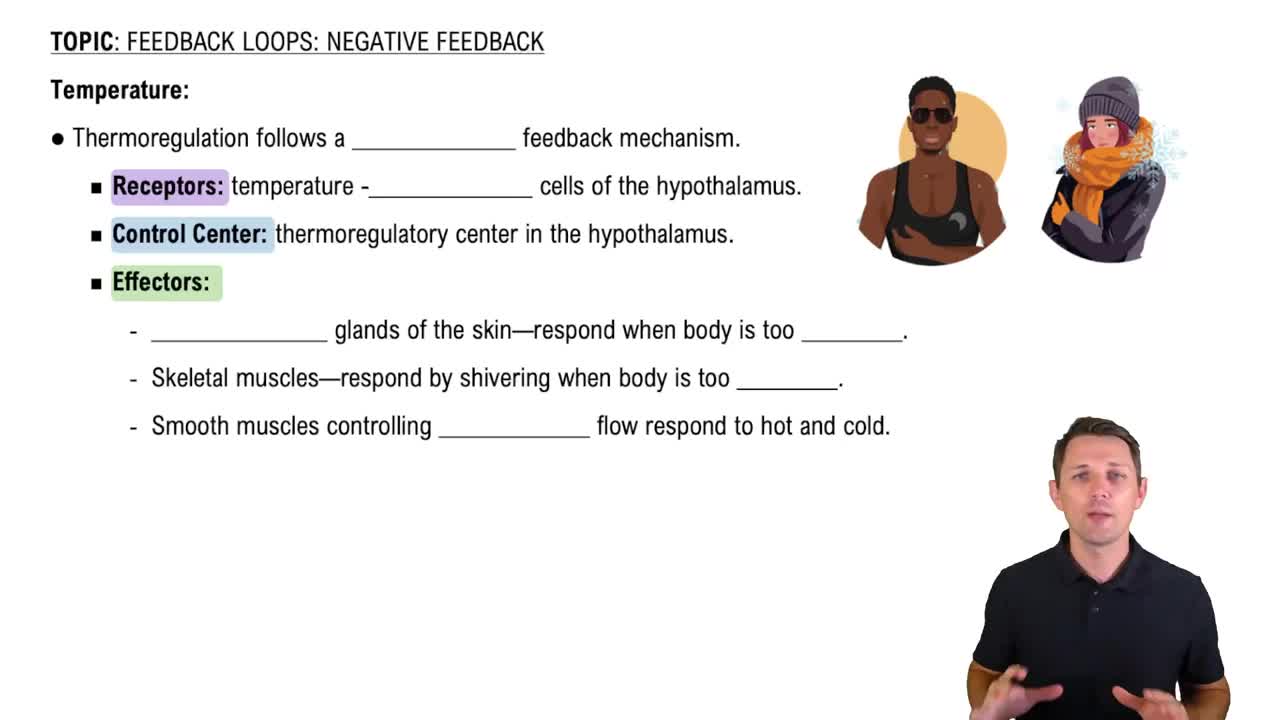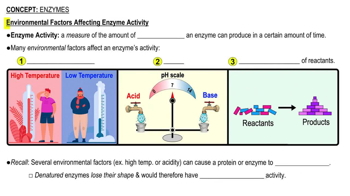Multiple Choice
One strand of a DNA molecule has the following sequence: 3′-AGTACAAACTATCCACCGTC-5′. In order for that strand to be transcribed, there would have to be a specific recognition sequence, called a(n) __________, to the left of the DNA sequence indicated.
1798
views






